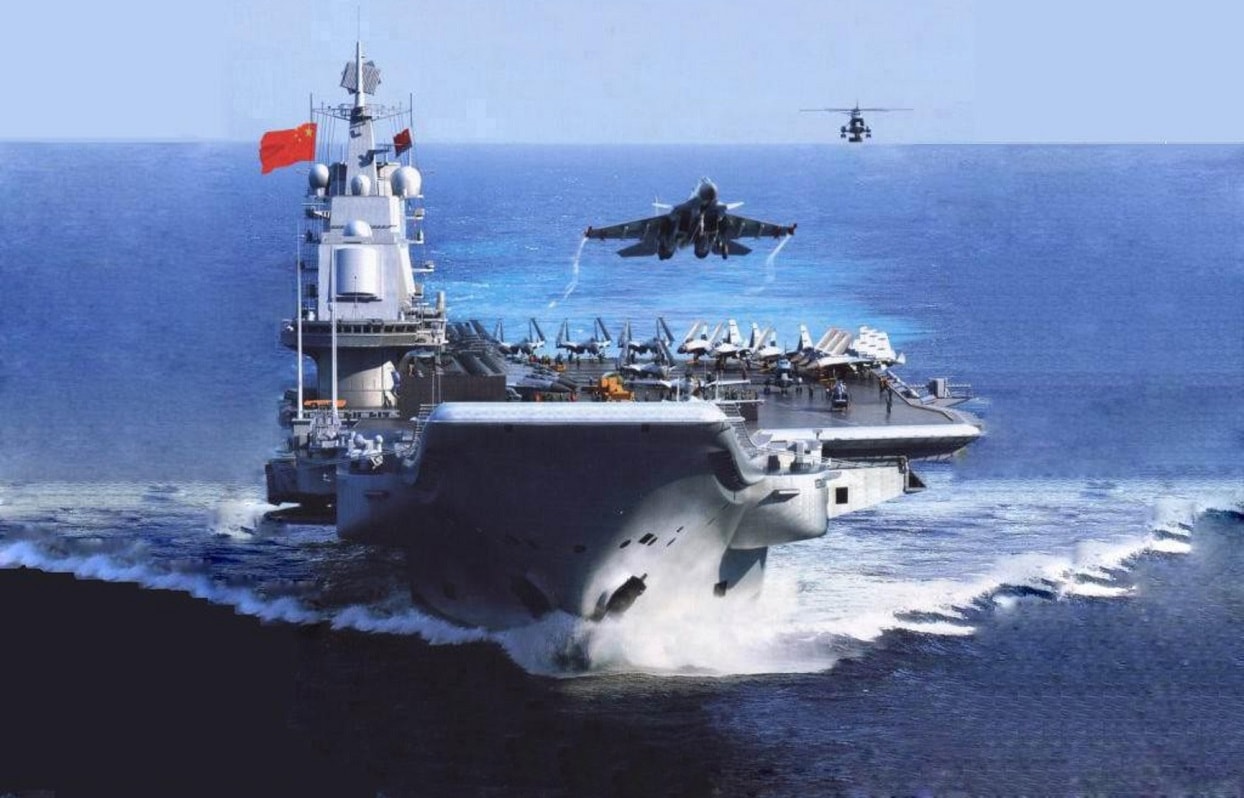The most important trend in international economics that will shape U.S.-Asia relations concerns the trajectory of U.S.-China economic interdependence.
As tensions between the U.S. and China continue to rise, the future of U.S.-Asia relations largely hinges on how interdependent the two superpower economies remain. Today’s return of great power competition looks different than the dawn of the Cold War. Rather than race to carve out independent blocs of influence, China grew up in a complicated “interdependent” system that requires simultaneous cooperation and competition in several arenas of geopolitics with the United States. Without access to U.S. or global markets, China would not be able to boast an economy that now rivals–– or by some metrics, surpasses–– the American economy.
Globalization Strengthened Interdependence
As globalization fueled China’s miraculous economic growth, relations simultaneously soured. In 2005, Bush’s Bob Zoellick urged China to be a “responsible stakeholder.” Then the Obama administration retrenched within Iraq and Afghanistan and managed a decent ‘pivot to Asia.’ Feeling the first threat of peer competition in decades, American voters in 2016 elected a political realist named Donald Trump over the liberal internationalist Secretary Clinton. Trump’s rhetoric to seek “a fair and reciprocal [trade] deal” devolved into an economically-questionable trade war. When Biden took office, he inherited an American public overwhelmingly disapproving of China. Biden and Xi’s relationship began with a contentious summit and now consists of calls for cooperation amid delicate strategic ambiguity. Once perceived as a “responsible stakeholder,” China now takes the official label of “strategic competitor.”
Even as headlines on U.S.-China relations worsened, the trend of economic interdependence remained strong. In 2020, several international indicators–– including record-setting bilateral trade, millions of U.S. jobs in export sectors, trillions of dollars invested in China, widespread knowledge sharing in business and academia, and the most overseas student enrollment in American universities–– all testified to the tight economic bond between the two titans.
That trend of interdependence has continued. For now.
Economic threats test the strength of Sino-American interdependence. With the pandemic exposing supply chain vulnerabilities in autocracies and constant accusations of unfair trade practices, President Biden’s responses to “friend-shore” and “re-shore” can divert investment, trade, and jobs away from the bilateral flow between Chinese and U.S. markets.
And Russia shows a new perspective. Their invasion of Ukraine reminds us of a simple truth: Security concerns still sit in the driver’s seat over interdependence. Such could be the case if China invades Taiwan. In the event of an invasion, a similar exodus of U.S. firms from China, resembling what’s happened in Russia, could ignite decoupling that sets the interdependent relationship ablaze. As of August, over half of the American Navy’s entire fleet, 59 of 114, was assigned to the seventh fleet, whose mission looks to extend U.S. force projection to the West Pacific and the Indian Ocean, and of course, the Taiwan Strait. Just recently, China suspended eight U.S. talks and sanctioned House Speaker Nancy Pelosi after her visit to Taiwan and leading chip factory TSMC. But most troubling to interdependence was that Pelosi’s visit helped spark the “Fourth Taiwan Strait Crisis,” an unprecedented number and intensity of Chinese military demonstrations around the island and over its skies.
In the event of an unlikely and detrimental full-decoupling, hindsight will label this period as the “foothills of a Cold War”. Admittedly, implying U.S.-Asia relations revolve around the Chinese is Sino-centric. But as China’s regional influence grows, recent steps by regional U.S. allies reflect central insecurity among allies and partners. The AUKUS Accord, historic increases in South Korean defense spending, and a noteworthy May statement by Japan-U.S. leadership all point to old allies taking new measures.
Today, we are still a long way from a new silicon curtain descending across the Pacific.
The interdependent relationship precludes it. So far.
Max Bessler is a recent graduate in government and economics from Dartmouth College. The views and opinions expressed in this writing are his alone and do not necessarily reflect the view or positions of any affiliated institutions.

